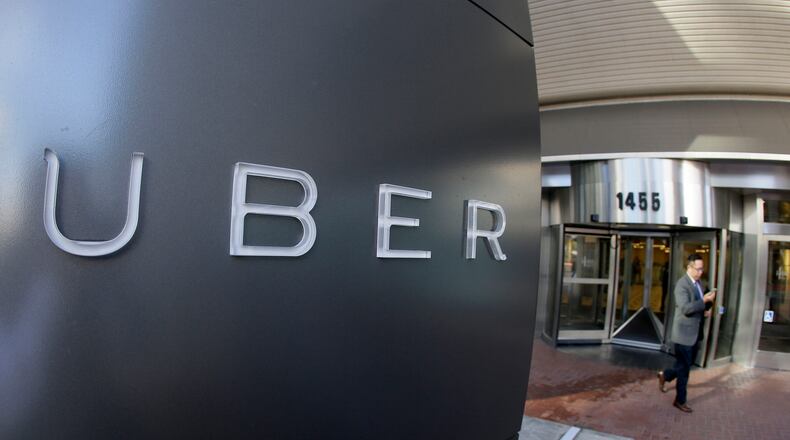The gig economy emerged around 2009, when the Internet and the emergence of smartphones made it easier for independent contractors to find consistent freelance work. It was expected that professionals, such as engineers and tech workers, would join the gig economy. But until the pandemic hit, it was comprised primarily of those who took positions such as driving for Uber or delivering for DoorDash.
Since the pandemic began, with the American workforce adjusting to the new reality of working remotely, even as traditional gig workers lost out due to travel lulls and competition from the freshly unemployed, more knowledge workers joined the gig economy.
“It’s a growing trend,” Reau said. “It’s becoming a more creative space, with graphic designers, or a photographer doing a three-month project.”
According to Reau, if you’re starting from scratch, you have to hustle.
“There’s a lot of networking,” she said. “You have to flip the tables on the usual job search. Identify the companies you want to work for, then follow them on LinkedIn or Indeed to find out what they need. You’ll be thinking like a manager, identifying what special skill you can bring to the table. You’ll need to be independent and have strong critical thinking skills, because nobody is going to be around to tell you what to do.
“You’ll be your own CFO, coming up with a budget, and understanding you’ll be paid a lump sum and you’ll need to set aside 30 percent for taxes. You’re always hustling, because you always have to be looking to the next project. Its not for everyone, but it is exciting.”
Game Day Communications itself uses gig workers, brand ambassadors who represent at trade shows, or Esports ambassadors, who stream their gameplay online.
“We’ve recruited from college marketing departments, or retirees who used to be executives,” Reau said. “We had three competitive gamers play to commemorate the 100th anniversary of women getting the right to vote. It was an event to get people registered to vote. The goal was 100, but we ended up registering 240. They played for a total of six hours, two hours each.
“They set their hours of when they were available. You can do it however you want. The pandemic has created an opportunity, but you have to go above and beyond.”
About the Author
